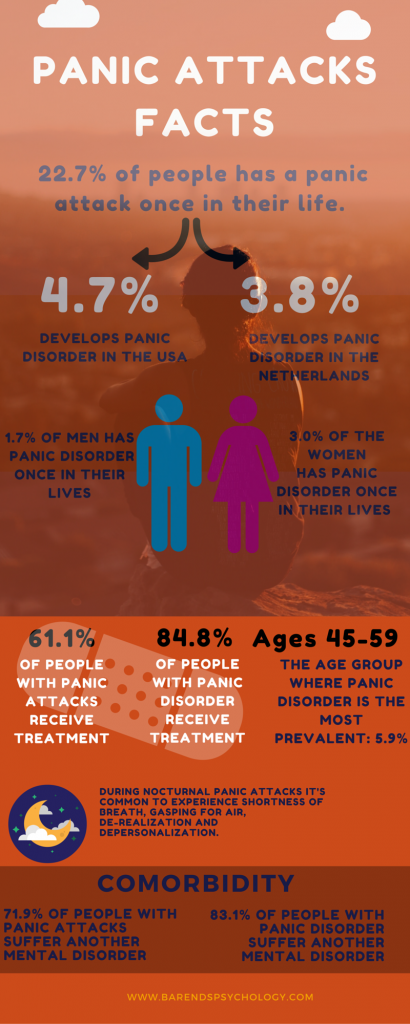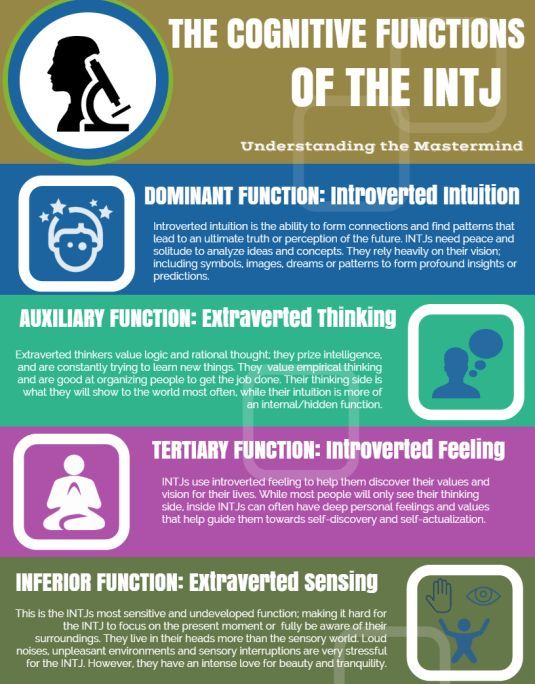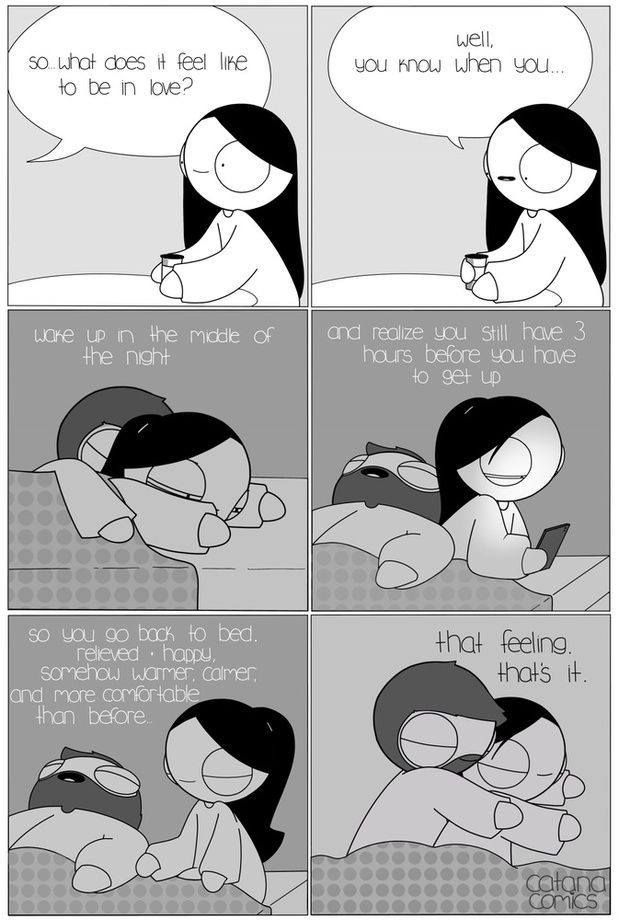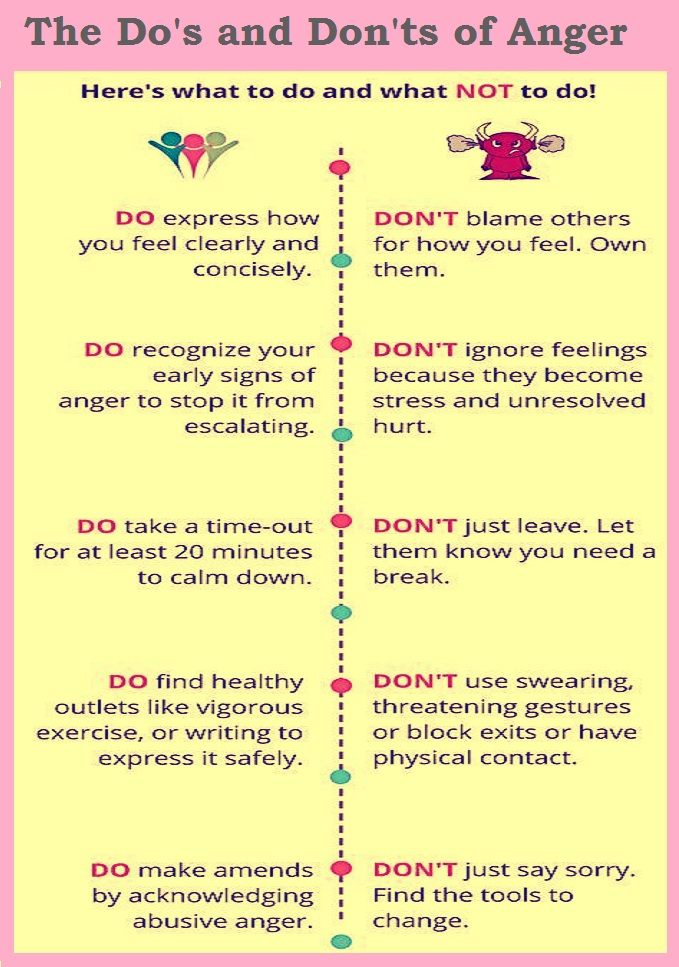Why does my stomach feel empty
6 Reasons Your Stomach Feels Empty After Eating
Hunger is an instinct to alarm us when our body needs more fuel to function. Getting hungry untimely is normal, especially in growing years. However, it gets concerning if you keep feeling hungry right after eating. Growling stomachs or hunger pains after eating may indicate primary underlying conditions.
The following article discusses 6 main reasons why people feel hungry even after eating and what to do about it.
1. Dieting
When trying to lose weight, you take a restricted calorie diet that does not fulfill your everyday hunger needs. Even if you take enough calories needed for you to stay healthy, you may not feel satiated. It is because of a hormone produced by your stomach called ‘Ghrelin,’ the hunger hormone.
So if your through-the-roof hunger level catches up with your weight loss journey, you must consult a nutritionist and get a well-proportioned diet plan that suits your needs.
2. Not taking a balanced diet
A balanced diet refers to maintaining a proportion of all the essential nutrients in your meals. If your feed lacks an essential nutrient, you may feel hungry.
Proteins and Fats are the primary nutrients that develop the feeling of fullness. Your body needs 15-30 gm of protein per meal. Good fiber and water intake are also of crucial importance in this regard. You should refrain from refined sugars as they increase appetite and promote weight gain.
3. Faster metabolism:
Fast metabolism means a quicker breakdown of food, resulting in feeling hungry shortly after eating. Excessive exercise, bodybuilding, and smoking are some factors that tend to increase your metabolism. Faster metabolism makes it challenging to gain weight or maintain a balanced diet. If you suspect an abnormally fast metabolism, you should consult a specialist.
4. Excessive stress
Stress eating is a condition in which people try to overcome anxiety by eating unnecessarily.
In the US, about 43% of adults overate due to stress. So if you feel hungry in distress, it’s not physical hunger, but you seek comfort and need food to console certain emotions.
Emotional eating can result in obesity and constant mental agony. You should try to find other ways to cope and consult a specialist.
5. Habitual aspects
Your daily routine also impacts your body’s hunger needs. Behavioral aspects such as eating too fast, eating out of boredom, being distracted by screens while eating, etc., can result in feeling unfulfilled.
The use of sugar enhancement and artificial sweeteners also has appetite-increasing properties. Alcohol consumption has also been proven to elevate hunger by stimulating brain hunger receptors. Small routine changes can have significant effects on your overall health.
6. Underlying Medical Conditions:
Medical conditions such as leptin resistance, hypoglycemia, hyperthyroidism, Premenstrual syndrome (PMS), type II diabetes, etc. , can also cause symptoms like hunger after eating.
, can also cause symptoms like hunger after eating.
Leptin is the hunger-regulating hormone, and its resistance has appetite-increasing properties. Not getting a good night’s sleep also incites an untimely appetite. If you have any of these situations, you should stick to the diet advised by your doctor.
Moreover, certain medications also have appetite-increasing side effects, which should be discussed with the physician beforehand.
Conclusion
You are what you eat. To stay healthy, you should take a well-proportioned diet, avoid stress and make necessary behavioral amends in your daily life. If you experience constant hunger and hunger pangs after eating, it may be due to the reasons mentioned above. Consulting a medical expert and implementing a healthier lifestyle should be the foremost step.
7 causes and how to alleviate them
Hunger pangs, or hunger pains, are a natural reaction to an empty stomach. They cause a gnawing feeling or an empty sensation in the abdomen.
But hunger pangs can happen even if the body does not need food. Several other situations and conditions can lead to hunger pangs, including:
- sleep deprivation
- dehydration
- eating the wrong foods
Read on to learn more about hunger pains and discover how to ease them.
People get hunger pangs or hunger pains for several different reasons. Seven reasons are explained here:
1. Hunger hormone
Share on PinterestThe release of ghrelin in the body, dehydration, and a person’s emotional state can cause hunger pains.The brain triggers the release of a hormone called ghrelin in response to an empty stomach or in anticipation of the next meal.
Ghrelin signals the body to release stomach acids to digest food. If food is not consumed, the stomach acids begin to attack the lining of the stomach, causing hunger pains.
Studies have shown that ghrelin increases hunger by up to 30 percent when it is administered to adults.
2.
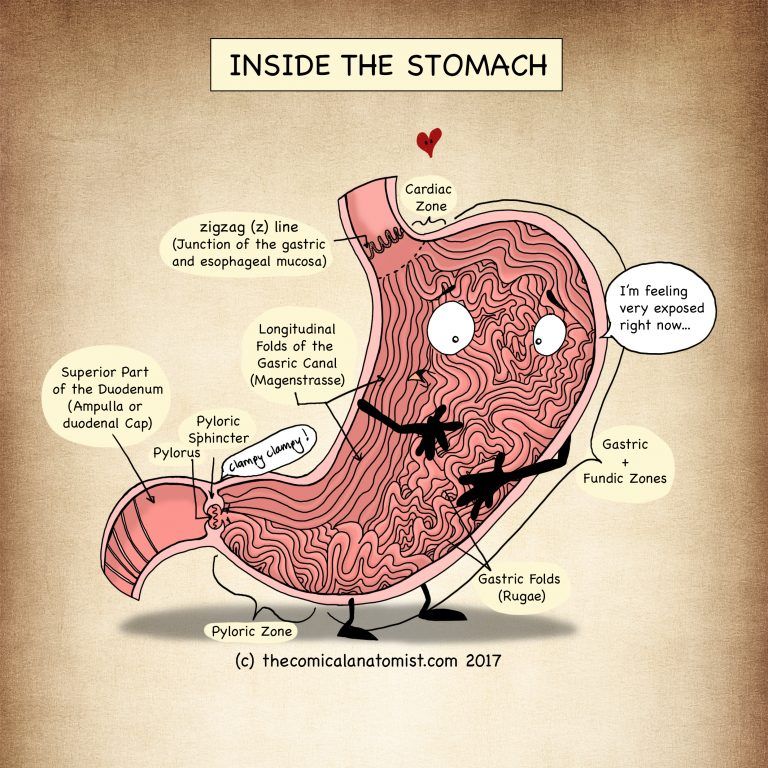 Quality of food eaten
Quality of food eatenHunger pangs can happen even when the body does not need calories.
This is because ghrelin interacts with insulin, the hormone that regulates blood sugar. Falling levels of insulin cause ghrelin, and therefore hunger, levels to rise.
Junk food contains high amounts of sugar and simple carbohydrates. Eating it causes a spike in insulin levels, followed by a quick drop. Ghrelin then increases, even though the food was consumed only an hour or so beforehand.
In this way, eating even large amounts of poor quality food can increase hunger and cause the pang response in the body.
3. Dehydration
Many people cannot tell the difference between hunger and thirst because the symptoms are so similar.
Thirst can cause symptoms, such as:
- stomach pains
- shaking
- irritability
- lightheadedness
4. The environment
Some people experience pangs in response to smells and sights. Many people have a physical response to the smell of freshly baked goods or cooking.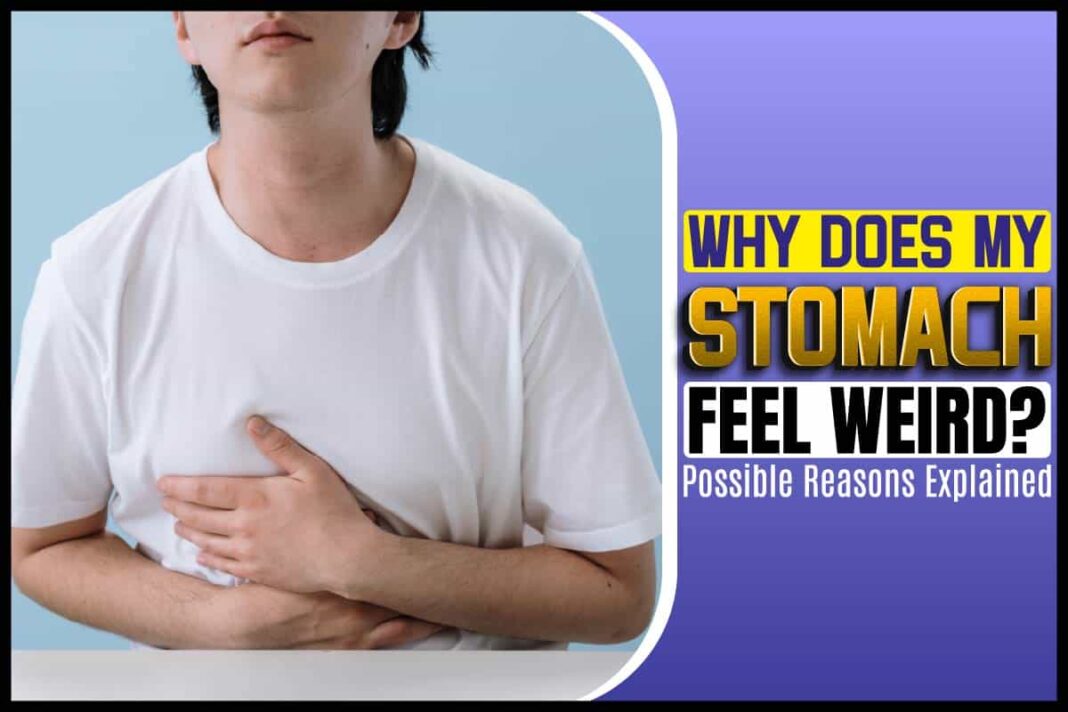 Images of food on T.V. or online can also cause the mouth to water.
Images of food on T.V. or online can also cause the mouth to water.
Although this type of hunger may not be based on a need for food, it causes very real physical symptoms, including hunger pains.
5. Lack of sleep
Overeating and excess weight have long been associated with sleep deprivation. It appears that hunger pains may be linked to a lack of sleep or poor-quality sleep.
Lack of sleep increases the effects of a chemical that makes eating sweet, salty, and high-fat foods more appealing, a 2016 study suggests.
The sleep-deprived study participants ate a meal containing 90 percent of their daily calories but were unable to resist junk foods just 2 hours later.
6. Emotional state
People may mistake their brain signals for food as hunger pains in some cases. This situation can occur when someone is in a heightened emotional state.
Research suggests that stress and other negative emotions can make it seem like the body urgently needs food, even when it may not.
A rumbling or growling stomach can sometimes help distinguish between emotional and physical hunger. The noises can only be heard when the stomach is empty.
7. Medication and medical conditions
Hunger pangs may be caused by medical conditions in rare cases. This is true for people with diabetes, as hunger increases when blood sugar crashes.
It can indicate an infection or digestive illness that requires medical attention if pains occur alongside other symptoms. Look out for symptoms, such as:
- diarrhea
- dizziness
- fever
- headaches
- nausea
- vomiting
- weakness
Some medications, including certain antidepressants, may interfere with hunger signals and ghrelin release.
Share on PinterestSymptoms of hunger pains may include tiredness, irritability, and lightheadedness.
Hunger pains feel like a gnawing or rumbling in the stomach. They may also present as contractions or the feeling of emptiness.
Other symptoms may include:
- cravings for certain foods
- tiredness
- lightheadedness
- irritability
- strong desire to eat
Once food is consumed, hunger pains and other hunger symptoms usually go away. The stomach adjusts to this new level of fullness (or emptiness), so they may even subside without eating anything.
Research on mice has found that there is an instinctive desire to reduce hunger pangs and other hunger signals. Certain neurons in the brain kick in to fuel appetite once a certain amount of bodyweight has been lost.
This may explain why it is challenging to stick to a diet when experiencing hunger pains.
There may be other ways to control hunger pangs while losing weight even though the researchers suggest that manipulating these neurons will help people maintain their diets.
To alleviate hunger pains, especially when dieting, people can try the following:
Eat at regular intervals
Ghrelin is released in response to what someone’s usual mealtimes are.
Sticking to a schedule will ensure food reaches the stomach in time to meet the stomach acid released in response to ghrelin spikes.
It can also be helpful to carry healthful, low-calorie snacks, such as fruit and nuts, when outside the home, in case it is not possible to eat a full meal at a designated meal time.
Choose nutrient-dense foods
Share on PinterestEating healthful foods including whole grains, fruits, and vegetables, are recommended to alleviate hunger pains.
Avoid insulin dips by choosing healthful food options instead of processed ones.
Eat balanced meals that contain:
- lean protein, such as beans, lentils, and skinless poultry
- whole grains, including brown rice, oats, quinoa, and whole-wheat products
- fruits and vegetables, including fresh, frozen, and canned (without added sugar)
- healthful fats, found in avocados, olives, nuts, and seeds
- low-fat dairy products or dairy alternatives
A person should try to limit the intake of foods that are high in sugar, salt, saturated fats, and trans fats.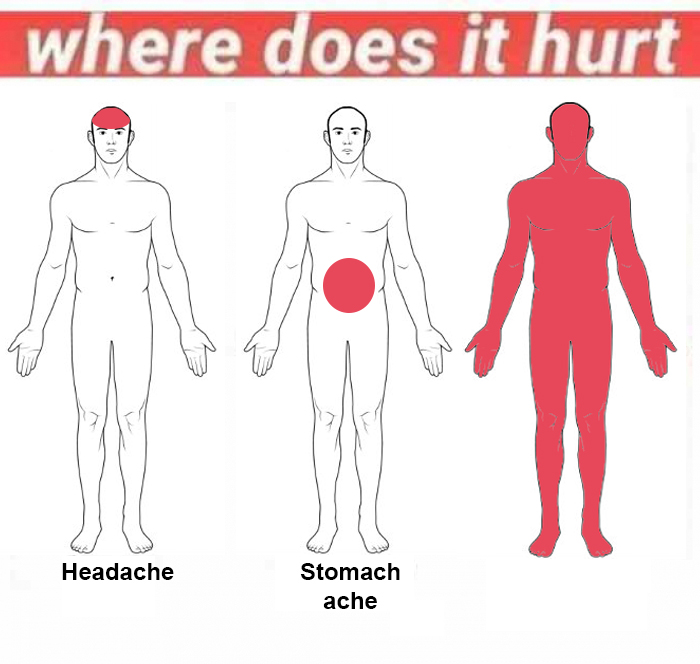 Refined carbohydrates, including white bread and white pasta, should be eaten in moderation or not at all.
Refined carbohydrates, including white bread and white pasta, should be eaten in moderation or not at all.
Fill up on low-calorie foods
Some low-calorie foods are considered high-volume, meaning they take up space in the stomach yet do not contribute to weight gain.
A full stomach will cause levels of ghrelin to drop, which alleviates hunger pains. High-volume, low-calorie foods include:
- salads
- raw or lightly steamed green vegetables
- homemade vegetable soups
- green smoothies
Stay hydrated
Sip water throughout the day. Aim to drink 8 glasses daily. Limit diuretic drinks, such as caffeine and alcohol, which contribute to dehydration.
Get enough sleep
It is sensible to avoid food cravings caused by sleep deprivation by establishing a sleep routine. It helps to go to bed and get up at the same time every day and aim to sleep for 7 to 9 hours nightly.
Practice mindful eating
When eating, focus on the taste and texture of each bite.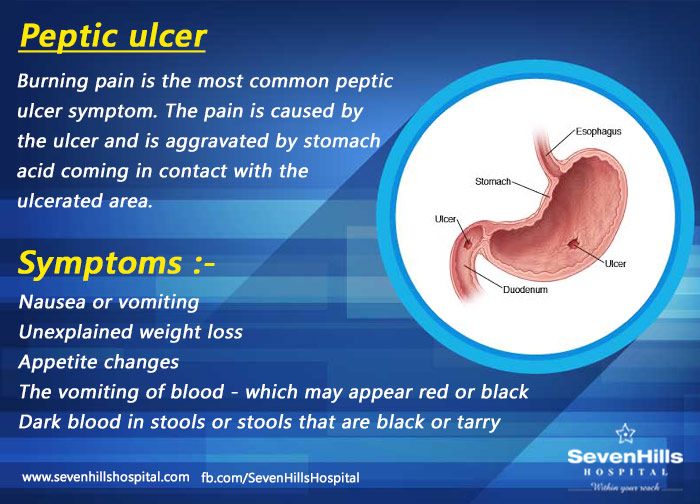 Chew food thoroughly. Do not watch television during mealtimes.
Chew food thoroughly. Do not watch television during mealtimes.
Use distractions
A person can try to ignore hunger pains if they are not based on a real need for food.
Effective distractions include:
- reading
- dancing
- exercise
- working
- socializing
Consult a doctor if hunger pains regularly persist despite eating balanced meals. Stomach pains may suggest a gastrointestinal disorder or infection.
People who experience the following symptoms along with their hunger pangs should also see a doctor:
- breathlessness
- constipation
- diarrhea
- dizziness
- headache
- nausea
- rapid changes in weight
- sleep difficulties
- vomiting
- weakness
Stomach pains are a normal response to hunger. Although they may signal a need for food, it is possible to experience hunger pangs in response to other situations, including dehydration, sleep loss, and anxiety.
Hunger pains rarely need medical attention, as they usually go away once food is eaten.
People who are dieting may wish to take steps to alleviate their hunger pains to meet their weight loss goals.
how the brain makes us eat
Michael Graziano, neuroscientist, professor at Princeton University and author of The Science of Consciousness. The Modern Theory of Subjective Experience, believes that the problem of gaining excess weight and the desire to "eat something else" does not hide in an empty stomach and is not as strongly associated with blood sugar levels as we used to think. It is in our head, in our mind, and it is there that we must look for a way out of the problem of overeating. We publish an abbreviated translation and adaptation of the scientist's article in the journal
Aeon , in which he analyzes the phenomenon of "hungry mood". One day I decided to try my hand at solving the great problem of our time - how to lose weight without effort - and conducted an experiment on myself. Eight months later, I was 22 kilos lighter, so it seemed to work, but my approach to the problem was different from what I was used to. I am a psychologist after all, not a doctor, so from the very beginning I suspected that weight management was a matter of psychology, not physiology. If weight depended on the number of calories consumed and expended, we would all walk at the weight that we chose for ourselves. We all know the “just eat less” principle, and it seems that following it, losing weight should be no more difficult than choosing the color of a shirt. And yet, for some reason, it's not. […]
Eight months later, I was 22 kilos lighter, so it seemed to work, but my approach to the problem was different from what I was used to. I am a psychologist after all, not a doctor, so from the very beginning I suspected that weight management was a matter of psychology, not physiology. If weight depended on the number of calories consumed and expended, we would all walk at the weight that we chose for ourselves. We all know the “just eat less” principle, and it seems that following it, losing weight should be no more difficult than choosing the color of a shirt. And yet, for some reason, it's not. […]
Hunger is one of the motivated states of mind, and psychologists have been studying these states for at least a century. We all feel hungry before dinner and full after a banquet, but these moments are just the tip of the iceberg. Hunger is a process that is always with us, it runs in the background and only occasionally awakens in consciousness. Hunger is more like a mood. When it slowly builds or recedes, even when it is out of consciousness, it changes and influences our decisions, distorts our priorities and emotional investment in long-term goals.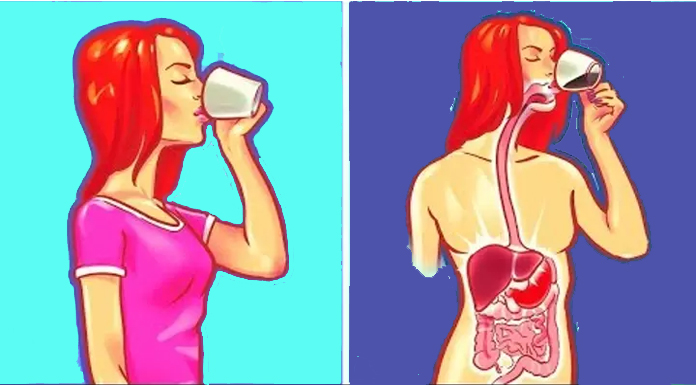 It even changes our sensory perception, and often quite dramatically.
It even changes our sensory perception, and often quite dramatically.
You sit down to dinner and say: “Why is this hamburger so tiny? Why did they have to be made so small? I need to eat three to be full" - and this is nothing but a "hungry mood" that makes the food on your plate smaller. After you have eaten, the exact same hamburger will look huge. And it's not just about food - your own body is also distorted. When your “hungry mood” rises, you feel a little leaner, you know the diet is working, and you can allow a little self-indulgence. As soon as the feeling of satiety sets in, you feel like a whale.
Moreover, even memory can be distorted. Let's say you keep a journal of everything you eat. Is he trustworthy? It's entirely possible that not only have you grossly underestimated the size of your meals, but you've almost certainly forgotten to write them down. Depending on the size of your hunger, you can eat three pieces of bread, and after dinner, it is quite sincere to remember only one. It's no wonder that most of the calories people consume come from snacking between meals, but when you ask people about it, they deny the impact of snacking. And they are surprised to find out how much they actually eat during them.
It's no wonder that most of the calories people consume come from snacking between meals, but when you ask people about it, they deny the impact of snacking. And they are surprised to find out how much they actually eat during them.
The "hungry mood" is difficult to control because it operates outside of consciousness. Maybe that's why obesity is such an intractable problem.
"Hungry mood" is controlled by the brainstem, and the part most responsible for regulating hunger and other basic motivated states is called the hypothalamus and is located in the lower part of your brain. There are sensors in the hypothalamus that literally taste blood. They measure fat, protein, and glucose levels, as well as blood pressure and temperature. The hypothalamus collects this data and combines it with sensory signals that filter through other brain systems - about intestinal fullness, sensations, taste and smell of food, type of food, even about the time of day and other related circumstances.
Given all this data, neural circuits are gradually learning our dietary habits. This is why we get hungry at certain times of the day - not because of an empty stomach, but because of a complex neural processor that anticipates the need for additional nutrition at that time. If you skip a meal, you will feel acutely hungry at first, but then you will feel less hungry again as your usual meal time passes. That's why we get full at the end of the meal, again, not because of satiety. And if this is your only signal, then you are overeating a lot. Paradoxical as it may sound, there is a healthy gap between feeling full and being physically full.
Psychological satiety is a feeling of sufficiency resulting from much more complex calculations. In effect, the hypothalamus is saying, “You just ate a hamburger. From past experience with hamburgers, I know that after about two hours, the level of protein and fat in the blood will increase. Therefore, in anticipation of this, I will now turn off your hunger.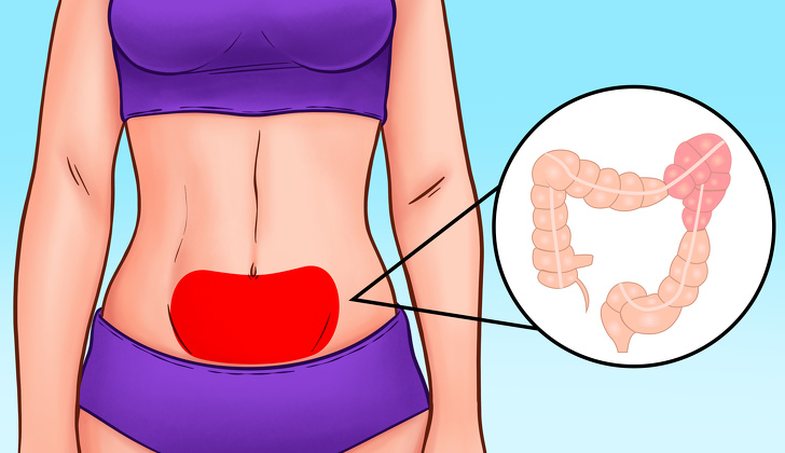 ” . The system learns, anticipates and regulates, it works in the background, and we can consciously intervene in these processes, but usually not very effectively.
” . The system learns, anticipates and regulates, it works in the background, and we can consciously intervene in these processes, but usually not very effectively.
Let's say you decide to reduce your calorie intake and eat less throughout the day. Result? It's like grabbing a stick and poking a tiger with it. Your “hungry mood” will rise, and you will eat more and snack more over the next five days—perhaps only vaguely aware of it. People tend to judge how much they have eaten based on how full they feel after eating. But because this feeling of satiety is partly psychological, when your "hungry mood" is up, you may eat more than usual, but feel less full and mistakenly think you've cut back on food. You may feel like you are making progress. After all, you are constantly vigilant about your nutrition. Of course, you make mistakes from time to time, but you return to the right path again and again. You feel good until you step on the scale and notice that your weight is not responding.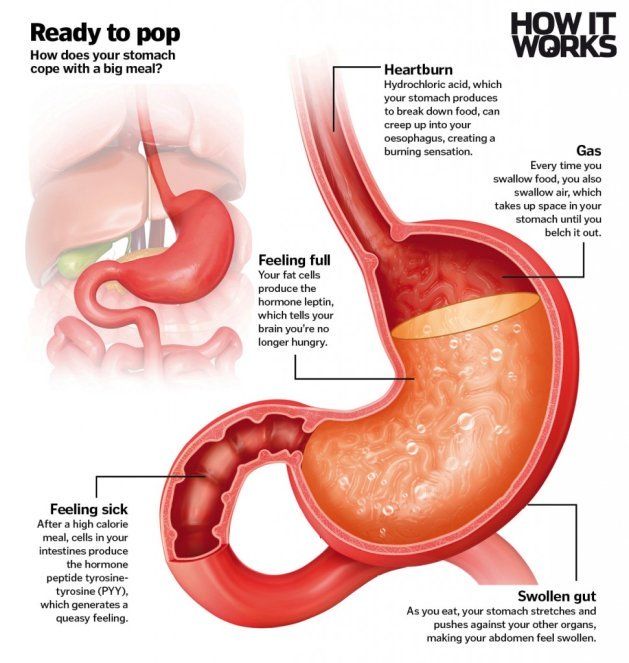 One fine day, it can decrease, and the next two days it can jump sharply. Dancing beneath the surface of consciousness, the "hungry mood" distorts your perceptions and choices.
One fine day, it can decrease, and the next two days it can jump sharply. Dancing beneath the surface of consciousness, the "hungry mood" distorts your perceptions and choices.
I don't deny physics. If you eat fewer calories, you will lose weight, but if you explicitly try to cut them down, you will most likely do the exact opposite. After all, if you burn calories in the gym, you will definitely lose weight, right? Yes, except that after a workout, for the rest of the day, you are so exhausted that you can actually burn fewer calories than you would on a normal non-sporting day. Moreover, by completing the workout, you get rid of guilt, your emotional tension goes away, and you reward yourself with a chocolate bun. Yes, you can try to be nice and refuse treats, but the exercises you just did increase your subtle hunger, and now you don't even notice how much you overeat. There is more food, but it seems that less.
Source: Amy Shamblen / unsplash.com
Let's say you've tried all the standard advice and all the existing diets.
Some of them might even work for a short time before you lose your way and end up making even more money than before. After a while, you begin to doubt your willpower. After all, if the prevailing medical theory is correct, if weight is a matter of calorie control, then your problem is a weak character. Being overweight is your own fault, this is the message that is spreading from all sides through our culture.
However, cognitive control is much more subtle, complex, and limited in its scope than the usual notion of willpower. Moreover, it is false and harmful to mental health. What does the concept of willpower do? Opposes long-term rewards to short-term rewards, and sooner or later you go astray. Every time you fall, you deal more damage than you can undo, and therefore fail to realize how much you are sabotaging your own efforts.
What does it lead to? To the fact that in the end you find yourself completely demoralized and depressed. You can do whatever you want, but for some reason you can't handle the weight loss and fall into a catastrophic spiral.
After all, if you're going to be miserable anyway, you can indulge yourself. Food at least alleviates suffering. You fall into the habit of eating, start self-medicating with food, form an addiction and lose all motivation. You fall into the deepest part of the psychological swamp, where your chances of recovery are slim. […]
Most doctors, trainers and healthcare professionals think of weight in terms of chemistry - calories in vs. calories out. Eat less, exercise more. Some schools of thought argue that all calories are equivalent, others that calories from fat are especially harmful, or that calories from carbohydrates should be especially avoided. But all these approaches focus on how calories are digested and distributed in the body, they ignore psychology. Most studies view the psychology of hunger as an inconvenience. […]
However, the obesity epidemic is not a problem of calories or willpower, it is a problem of poisoning the normal regulatory system
We have a complex and finely calibrated system that has evolved over millions of years to do its job well.
It should run in the background without any conscious effort, but for more than two-thirds of us, it doesn't. What are we doing to ourselves that we violate the system of hunger and satiety?
Experimented on myself for about a year - and ate the same thing every day to establish a constant baseline of nutrition and hunger. I measured weight, waist circumference and wrote down everything I could think of. Then I changed one thing in one meal and over the next few days watched for its tiny irritant effect. When the measurements returned to the original level, I tried a new replacement - after a while I was able to average many indicators and observe how the pattern manifested itself. Of course, I had no illusions about discovering something new, my experiments are not formal science, the sample consists of only one person. My task was only to find out which of all the conflicting advices resonated with my personal data. What should I believe?
As usual, the most instructive part of the experiment was the random observation.
It doesn't matter if certain foods have increased or decreased my weight, I have noticed that certain activities increase or decrease my hunger levels. I knew when my "hungry mood" was going up, even if I didn't consciously feel it, because somehow I ended up at lunch earlier than usual. […] When my "hungry mood" went down, the list of priorities shifted and I immersed myself in my work - somehow I was delayed with lunch for an hour. […]
Three bad habits consistently increased my hunger: I call them the ultra-high-death-carb diet, the low-fat craze, and the calorie-counting trap. We get up in the morning and eat a sandwich, porridge, or carbohydrate-packed cereal. Then we go to lunch. Let's say I don't have healthy habits and I eat fast food, lunch from McDonald's. We think of it as a fatty food, but in addition to fat, there is a bun in a burger, and ketchup is a sugar paste. […] Maybe you feel morally superior and prefer a "healthy" lunch - a sandwich, mainly consisting of bread.

An afternoon snack is a sweet coffee and a biscuit or muesli bar, which also contains only carbohydrates. Maybe you eat a banana, but that doesn't make much of a difference. Dinner? Filled with potatoes, pasta, rice and bread. We think we eat seafood when we order sushi, but it's mostly rice. Maybe you will choose a good healthy soup - it has noodles or potatoes. And every meal is accompanied by soda, juice, iced tea or other sweetened beverage. Then dessert. Then a snack before bed. In general, you understand.
You can't walk through a supermarket without being attacked from all sides by carbohydrates. And yes, some people talk about the superiority of complex carbohydrates over refined sugar, and they are right. But even if you cut out refined sugar, the amount of carbs is still amazing. A diet high in deadly carbohydrates has warped our sense of normalcy.
People who prefer a low carbohydrate diet may be right for the wrong reasons. […] According to this nutritional theory, if you cut out enough carbohydrates, your body will switch from using glucose to using ketones as the main energy-carrying molecule in the blood.
Using ketones, the body will begin to consume its own fat reserves. What's more, by lowering your blood sugar, you lower your levels of insulin, the main hormone that promotes fat storage in the body. Less carbs means less fat. […]
Theory and experiments may be correct, but they miss the most important point - they emphasize how calories are distributed in the body, instead of emphasizing the motivated state of hunger. It would be encouraging to see more research on how different diets affect hunger regulation. It is now well known that a high-carbohydrate diet increases hunger, and a low-carbohydrate diet eliminates this stimulus. Taken together, these data suggest that a low-carbohydrate diet does not help you lose weight because of its effect on energy use—it makes you lose weight because you eat less. Whereas a diet high in deadly carbohydrates fires up the hunger mechanism and your eating goes out of control. […]
Source: Amy Shamblen / unsplash.com
The low-fat craze works the same way.
[…] Don't eat butter. Don't eat eggs. Don't drink whole milk. Remove the skin from the chicken. […] I don't think the medical evidence is completely clear yet, but cutting out fat seems to have led to disaster. As numerous studies have shown, fat reduces the feeling of hunger - remove it, and the "hungry mood" will increase, but the effect will be gradual. Remember, your hypothalamus takes in complex data and learns associations over time. Train him for a few months on a fat-free diet and it will increase your hunger.
But the most insidious attack on the hunger mechanism may be chronic dieting, the calorie-counting trap. The more you try to control your automatic hunger control mechanism, the more you disrupt its dynamics. Skip breakfast, cut calories for lunch, eat a small dinner, keep track of your calories, and you're successfully poking a hungry tiger with a stick. All you achieve by doing this is falling into a vicious circle of willpower and failure. […]
At the end of all my introspection and meditation, it was time to test the theory.
I tried a simple formula. Firstly, I chose a moderately low-carb diet - I cut my carbohydrate intake by about 90% and at the same time did not even come close to a low-carb diet. […] Secondly, I added a little more fat. […] Thirdly, I allowed myself to eat as much as I want at every meal. The last one was the most difficult: when you want to lose weight, it's hard to imagine eating more. I just had to believe in a strange psychological paradox: if I try to eat less, I end up eating more.
I could list my products, but the concept is actually more revealing than the details. My diet had nothing to do with standard health advice and how these foods chemically affect my body. I didn't think about my arteries, or about my liver, or about insulin. This approach was designed to talk to my unconscious hunger control mechanism to encourage it to eat less. And it worked: with a slow weight loss of about a kilogram per week, I gradually got rid of the accumulation of twenty years - 22 extra pounds, which were gone in a few months.

The beauty of the method was that it was effortless (by effort I mean this questionable concept of willpower). […] When hunger mounts, the personal struggle becomes heartbreaking… and the strangest thing is that this struggle is alluring. It can be terrible and counterproductive, but it makes us feel like we're doing something and our society is impressed by hard work. […] It turned out that this self-flagellation was not necessary, I had to put up with the lazy method. […] I just lay back and watched my brain do its thing.
I don't think I'm alone in my experience. Others have tried a similar diet, though perhaps for different reasons. I do not have the goal of advocating one particular diet, all I want to say is this: your weight depends a lot on your psychology, it's all about the "hungry mood". […] Consider this a call for science to focus a little more on the psychology of hunger.
what is it, reasons, what to do
How heaviness in the abdomen manifests itself
In the stomach, food is digested mainly with the help of the digestive enzymes of the gastric juice.
This process takes from one to several hours. Processed food, thanks to the active contractions of the stomach, moves further - to the intestines 1 .
However, if for some reason, especially due to errors in diet, such as overeating, the coordination of contractions of the smooth muscles of the stomach is disturbed and food does not move, the person may experience a feeling of heaviness in the upper abdomen or a feeling of rapid satiety 4.1 .
Descriptions of the resulting "heaviness in the abdomen" are varied, as well as the degree of severity. Patients may complain of a feeling of fullness, a painful sensation of prolonged food in the stomach, which may depend on food intake. Another symptom is early satiety, when a feeling of heaviness in the stomach occurs immediately after the start of a meal, which prevents the completion of the usual portion of food 1-3 .
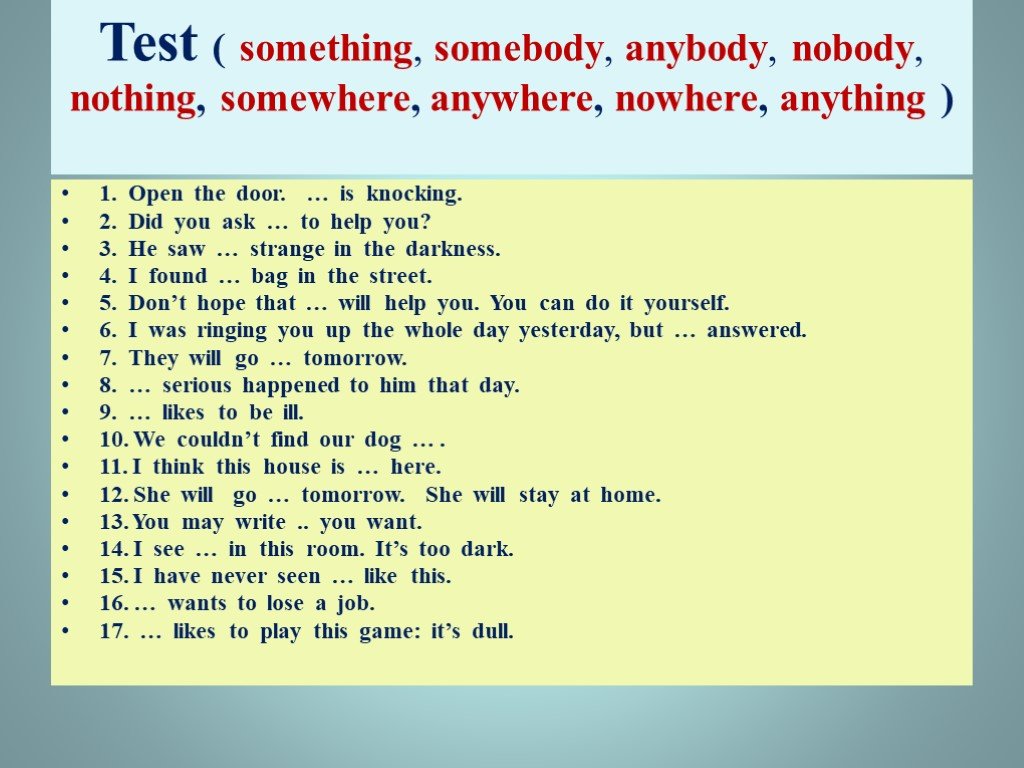
Heaviness in the stomach may be accompanied by other symptoms, such as a feeling of heat in the upper abdomen (epigastrium), belching, nausea, and bloating. Often they are accompanied by pain in the upper abdomen (from mild to severe), which are intermittent, may be associated with food intake or appear on an empty stomach 2-4 .
Descriptions of the resulting "heaviness in the abdomen" are varied, as well as the degree of severity. Patients may complain of a feeling of fullness, a painful sensation of prolonged food in the stomach, which may depend on food intake. Another symptom is early satiety, when a feeling of heaviness in the stomach occurs immediately after the start of a meal, which prevents the completion of the usual portion of food 1-3 .
Heaviness in the stomach may be accompanied by other symptoms, such as a feeling of heat in the upper abdomen (epigastrium), belching, nausea, and bloating.
Often they are accompanied by pain in the upper abdomen (from mild to severe), which are intermittent, may be associated with food intake or appear on an empty stomach 2-4 .
Possible causes of heaviness in the abdomen
Experts divide the origin of the complex of symptoms, including a feeling of heaviness and fullness in the stomach, into two categories. The first one is of a functional nature, that is, symptoms that are not associated with certain diseases of the gastrointestinal tract (GIT).
The second is organic causes, in which heaviness in the stomach may indicate the presence of any disease or pathological condition, such as peptic ulcer or chronic pancreatitis 3 . Let's consider these reasons in more detail.
Causes of violations of a functional nature
Stress
It has been established that in almost all patients with functional digestive disorders, exposure to even one of the stress factors (such as family troubles, financial, housing or professional problems) preceded the development of the disease or its aggravation 3, 4 .
In such patients, a higher level of anxiety and depression was noted compared to healthy people, and a relationship was demonstrated between the presence of complaints from the gastrointestinal tract and any mental disorders 5 .
Food on the run
When a person eats quickly, snacking between important things, constantly looking at the clock, insufficiently processed food can enter the stomach - poorly chewed. The stomach has to spend more time processing it, so there may be a feeling of heaviness. This can also be observed in older people, only a violation of their chewing function can already be noted not due to lack of time, but due to age-related changes in the chewing apparatus 2, 6 .
Certain medications
The cause of heaviness in the stomach can be the intake of certain drugs: anticholinergics, antispasmodics, tricyclic antidepressants, calcium antagonists and others 4 .
Much more often than drugs of other pharmacological groups, complaints from the stomach can cause non-steroidal anti-inflammatory drugs (NSAIDs) 8 .
Food allergies and intolerances
Among the pathological reactions to food that can lead to discomfort in the abdomen, including heaviness, food intolerance and food allergy are distinguished. Food intolerance is a pathological change in the gastrointestinal tract due to hereditary and / or acquired enzymopathies, that is, a deficiency of certain enzymes (lactase deficiency, gluten enteropathy) 10, 15 .
Food allergies are based on allergic inflammation of the gastrointestinal mucosa, which occurs due to the characteristics of the body's immune system, as well as other concomitant factors, for example, increased permeability of the intestinal walls, which is noted with a lack of digestive enzymes of the pancreas, impaired bile secretion, inflammatory diseases of the gastrointestinal tract 10, 15 .
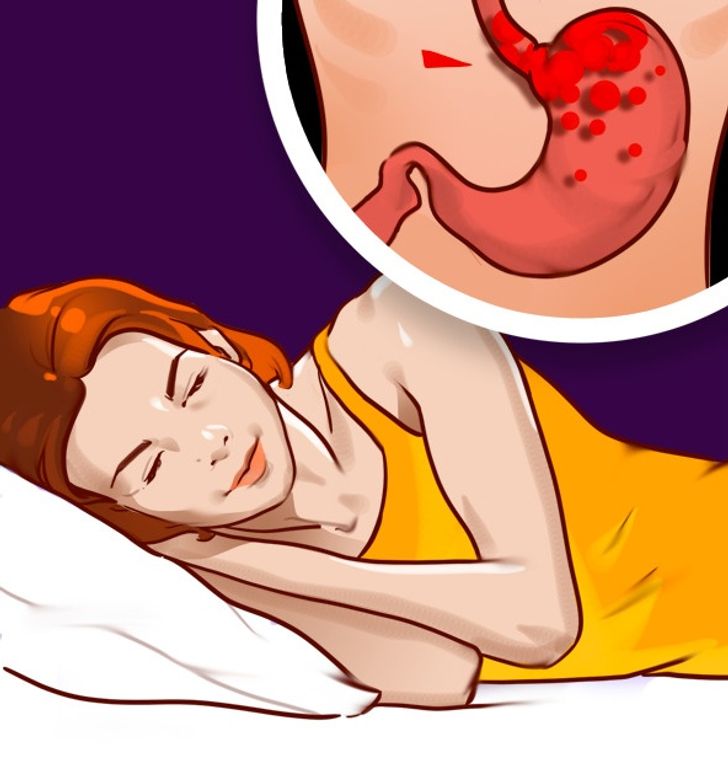
Bad habits
Alcohol abuse can adversely affect the functioning of the gastrointestinal tract 7 . Smoking, according to a number of data, can increase the risk of functional indigestion* by 2 times, and quitting it, on the contrary, favors the normalization of the motor function of the stomach 3 .
Malnutrition
First of all, this is overeating, in which the volume of food can exceed the digestive capacity of the stomach and pancreas. If food is retained in the upper gastrointestinal tract longer than necessary, and the secretion of digestive enzymes is insufficient to digest the amount of food received, this can lead to a feeling of heaviness in the stomach 1, 14 .
In addition, many patients with functional indigestion* may refuse to eat certain foods due to the possible appearance of more pronounced complaints, including a feeling of heaviness.
The worst tolerated foods include hot peppers, caffeinated and carbonated drinks, mayonnaise, nuts, citrus fruits, chocolate 5 .
Age transformations
With age, the secretory and motor functions of the stomach may decrease, and thinning of its muscular wall can be observed. Changes in the vascular bed can lead to impaired blood circulation in the stomach, which may be one of the reasons for the decrease in the number of parietal cells that produce hydrochloric acid, an important component of gastric juice for digestion. The gastric mucosa in the elderly can be easily vulnerable, which increases the risk of developing an ulcer, also associated with the symptoms described above. Structural changes in combination with secretory insufficiency can lead to a feeling of heaviness in the stomach 6, 9 .
Food poisoning
There is a variant of functional indigestion* that may be associated with past food poisoning.
According to the results of examinations of patients who had acute infectious gastroenteritis, 20% of patients developed complaints from the gastrointestinal tract, including heaviness in the stomach, which is associated with slow gastric emptying due to food poisoning the day before 3 .
Causes of violations of organic nature
Pathologies of the gallbladder
In diseases of the gallbladder with impaired bile excretion, there may be a feeling of discomfort from the digestive system. This may occur due to a violation of the processes of digestion and absorption of nutrients, which is observed due to insufficient intake of bile acids into the lumen of the small intestine. Difficulty in digestion may be accompanied by a decrease in appetite, a feeling of bitterness in the mouth, flatulence, and stool disorders.
One of the characteristic complaints is also short-term pain in the right hypochondrium, which manifests itself in the form of spasms 2, 13 .
Metabolic disorders
Diseases that may cause a feeling of heaviness in the abdomen include diabetes mellitus, systemic scleroderma, some endocrine diseases (thyrotoxicosis, hypothyroidism) 4 .
Other diseases capable of causing
heaviness in the abdomen
These diseases can affect one or another link in the digestive process. For example, chronic gastritis, chronic pancreatitis, hepatitis, peptic ulcer of the stomach and duodenum, GERD (gastroesophageal reflux disease), neoplasms, congestive gastropathy in chronic heart failure or portal hypertension syndrome, etc. 11
How can causes and symptoms be corrected heaviness in the stomach?
Measures that can help to cope with heaviness in the stomach caused by functional disorders include primarily those aimed at the process of digestion 2 .
Here's what you can do:
1
Eat moderately
The body must be given the opportunity to cope with the disturbance. Therefore, it is better to eat small portions of food 2-5 .
1
Eat moderately
The body must be given the opportunity to cope with the disturbance. Therefore, it is better to eat small meals 2-5 .
2
Diet
Diet plays an important role in the presence of heaviness in the stomach: it is best to follow a light diet. First of all, you should give up fatty and spicy, as well as coffee 2-5 .
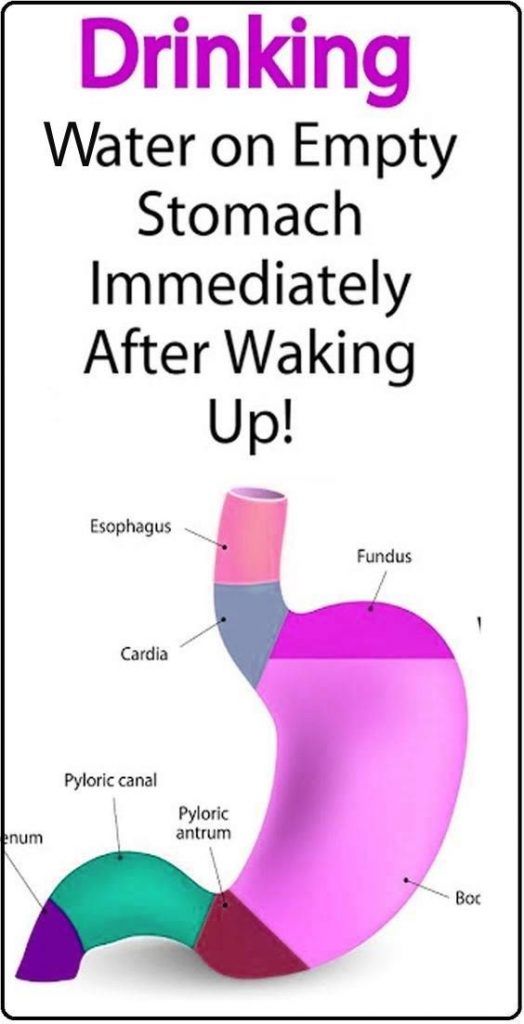
Preparations containing digestive enzymes 17 can help improve digestion processes in case of nutritional errors. One of these drugs is Festal® 2, 12 . It contains several components at once that contribute to the processes of digestion of food and thus can help with symptoms of impaired digestion, including a feeling of heaviness in the stomach 2, 12 .
More about preparation
Preparations containing digestive enzymes 17 can help improve digestion processes in case of nutritional errors. One of these drugs is Festal® 2, 12 . It contains several components at once that contribute to the processes of digestion of food and thus can help with symptoms of impaired digestion, including a feeling of heaviness in the stomach 2, 12 .

Pancreatic enzymes (amylase, protease, lipase) facilitate the digestion of carbohydrates, fats and proteins 12 . The bile components in Festal® facilitate the absorption of fats and fat-soluble vitamins, and also promote the release of the pancreas' own enzymes** , 12 . And finally, the third component, the enzyme hemicellulase, helps to break down plant fiber, thereby helping to reduce gas formation, which can accompany heaviness in the abdomen 2, 12 .
It is important to remember that only a doctor can understand the causes of discomfort and prescribe the right treatment. If the symptoms of impaired digestion, including heaviness in the abdomen, do not decrease, become permanent, or other symptoms join them, you should contact a specialist.
It is important to remember that only a doctor can understand the causes of discomfort and prescribe the right treatment.

Learn more
